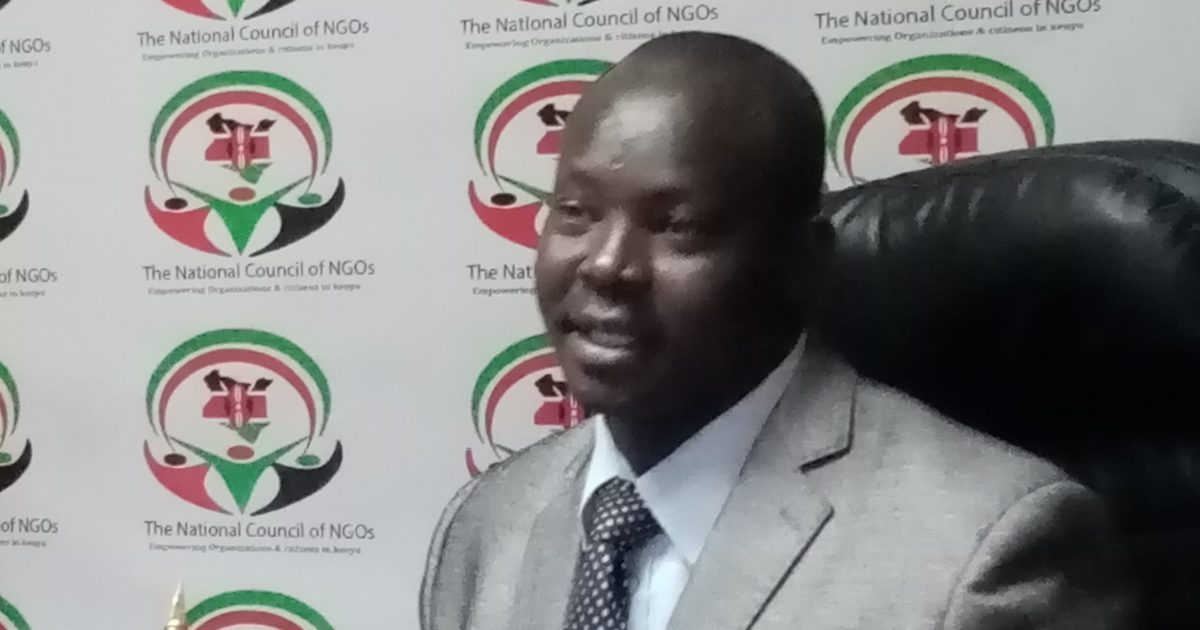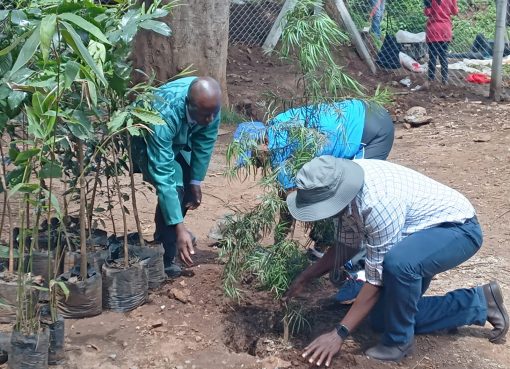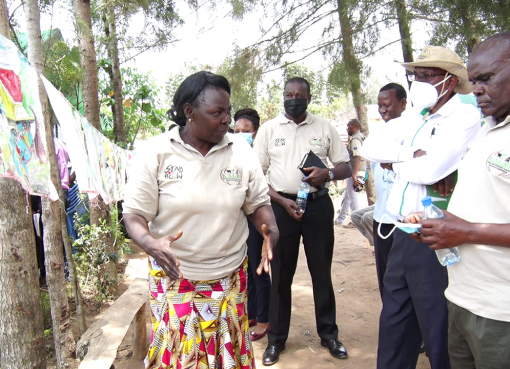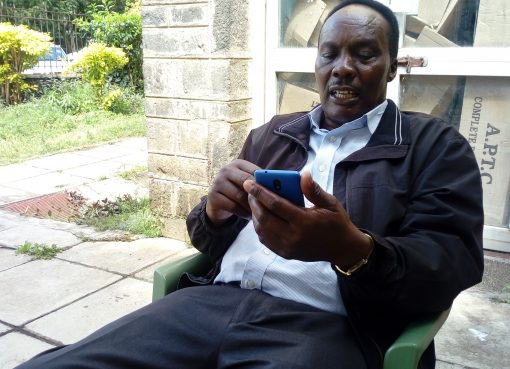The National Council of Non-Governmental Organizations (NGOs) held a meeting to brainstorm on strategies to be used in addressing the effects of drought in the affected areas.
The Council categorised the strategies into short-term and long-term strategies including the provision of food and safe drinking water for the former and offering drought-resistant crops such as cassava and soya beans for the latter.
Presiding over the meeting, the Council’s chairperson Stephen Cheboi stated that there are 23 counties facing famine due to drought caused by six failed rain seasons.
He said a committee is place to coordinate drought interventions chaired by Safaricom Chief Executive Officer Peter Ndegwa which has so far raised Sh600 million for the distribution of relief food.
Cheboi added that 30 NGOs have been working in the drought-stricken counties.
“We will open a special account to contribute towards the humanitarian action by the NGOs,” said the Chairperson.
At the same time, Tana River County NGO director Ballchus Bashir pointed out that the greatest challenge is the lack of water, insisting that providing food with no water is not helpful.
Bashir said that efforts should be made to ensure that funds provided by International NGOs and the government reach the affected counties.
“I urge the media to provide coverage in the affected areas in order to create awareness for more assistance to be provided,” stated Bashir.
Meanwhile, Violet Wanjiru, a representative of the North Horr Member of Parliament stated that during the drought period, livestock died leading to an increase in suicidal attempts by men contributing to a rise in mental issues.
She further listed challenges faced in the constituency including donor fatigue, 30 percent increment in malnutrition rate, and a surge in maternal mortality.
By Elizabeth Mugo and Sylvia Kavisi





